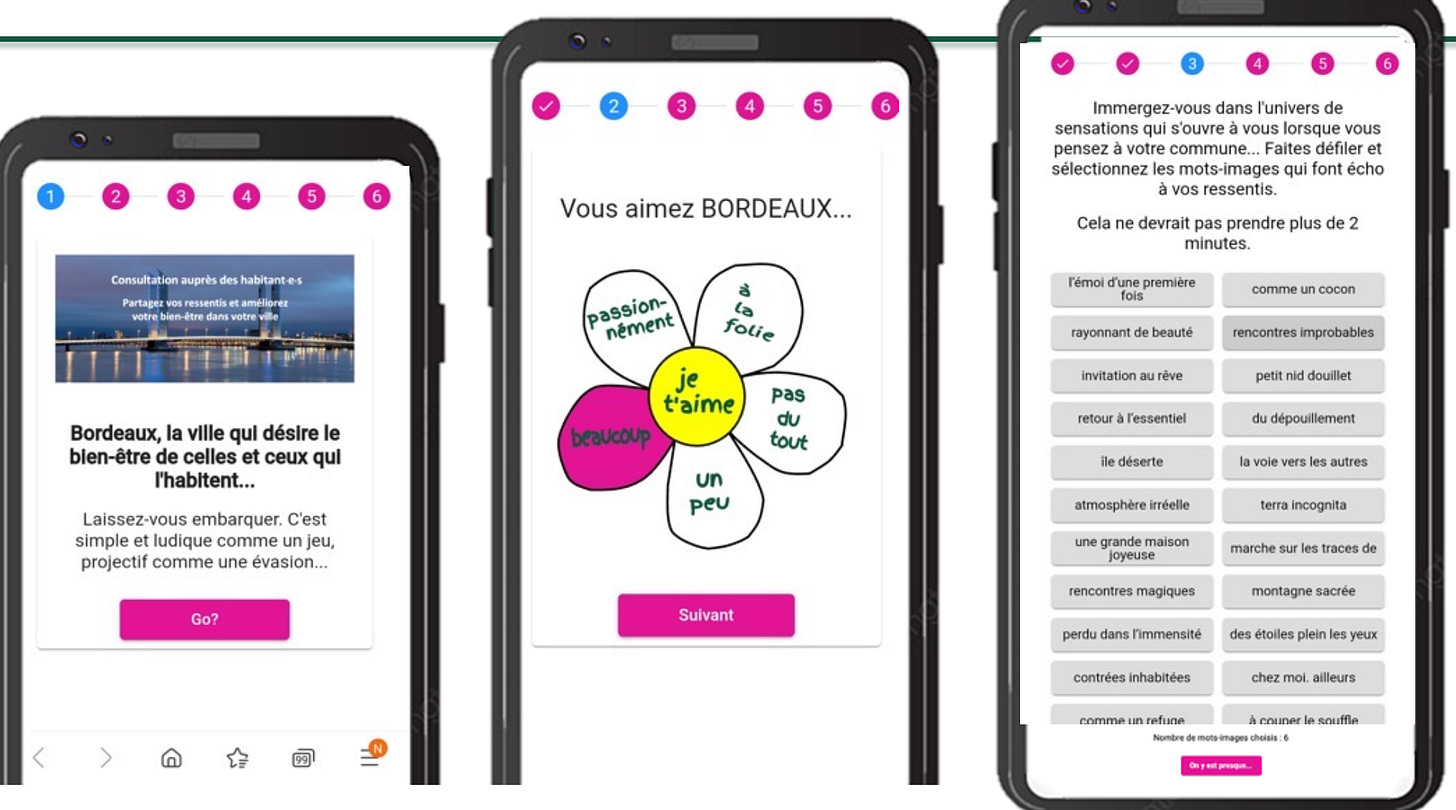According to a study by the World Health Organization, about one in eight people in the world live with a mental disorder and one in four people could be affected during their life. Among young people, the figures are alarming: 50% of mental disorders start before the age of 14, while suicide is the 3rd leading cause of death between 15 and 19 years old.
To fight against this pandemic, early detection and prevention are essential, while offers are multiplying: according to Rock Health, since 2018, digital health startups offering mental health kept their spot as top money raisers, bringing in $5.1 billion—$3.3 billion more than any other clinical indication in 2021. Among the trendy businesses, we are witnessing the rise of online services, sometimes supported by government schemes, such as MonPsy in France which, for almost a year now, has been offering psychological assistance covered by the French health insurance system.
But is this enough? Because it seems vital not to underestimate the complexity of the causes of mental disorders: although social and economic factors play an important role, they are not the only ones. For example, recent research shows that depression is closely correlated with gut dysfunction. And what about the stigma attached to these disorders? Consider this: in the United States, 45% of people with clinical-level mental illnesses do not seek professional support.
It's clear that boosting the troops' mood will require more than just a few shrink sessions in the metaverse. The trend of "Wellness by Design," which integrates the concept of wellbeing into interfaces, products, and living spaces, has been rapidly adopted by social platforms looking to improve their image. TikTok, for example, has implemented a "Digital Wellbeing" feature that allows users to set time limits and receive reports on their usage. Other platforms, such as YouTube, Facebook, and Instagram, have also adopted similar features with "Break Reminder," "Take a Break," and "You're All Caught Up," respectively.
This wellness by design has the particularity of going beyond the simple option to truly merge with the product and thus revolutionize the brand positioning. Examples can now be found in all market segments:
Fashion - Own Your Stigma is an apparel brand that has taken on the mission of normalizing mental disorders. Through evocative statements printed on its textiles, the brand intends to anchor and normalize discussions around mental disorders.
Home Furnishings - Enrichers Studio, a science-based interior design specialist, offers products designed to enhance wellbeing. The Bambata Water Sofa, for example, is a two-person seat with a padded water-filled tray that promotes interaction between users by allowing them to balance, helping to soothe the mind and reduce stress.
Food - Fast food chain Chipotle recently launched seven "Lifestyle Bowls" that aim to change perceptions around mental health and wellness, especially among young people. The chain also launched an augmented reality filter that encourages its community to move but also to calm their minds through branded meditation exercises. This concept is at the crossroads of functional food and mental food trends.
Cosmetics - If the essence of skincare rituals is to promote in and out wellbeing, a new segment is emerging on the beauty market: psycare. The brand ASMR Fragrances is initiating its own dynamic with what it presents as "sensation perfumery". A unique sensory immersion with videos matching the scents, recorded in binaural sound using the ASMR principle. Another example is Keys Soulcare , which offers a gratitude journal for any purchase over $75.
Market research - No more boring questionnaires to assess your past and future desires! The startup l'Aleph proposes an innovative solution based on a semiotic approach that generates analogically... human sensitivity. Concretely, its digital tool - called xenia - allows to bring out emotions linked to memories of a lived or fantasized experience and to express them using a list of word-images. These are then used to generate ten emotional indicators that reveal wellbeing in the relationship with the brand and the desires at stake. As founder Ariane Flahault explains, "The HR industry is now focused on measuring employee wellbeing. But if the authentic desire is not fulfilled, even improving working conditions will not keep employees loyal. xenia offers a new reading grid in order to become aware of the desires that drive us, to understand what makes us get out of bed in the morning."
Seamlessly - but omnipresent - in everyday life, mental wellbeing is certainly tending to become a key element in the product positioning and strategies of these new psycho-brands. But beware of ‘mentalwashing’…
MD






